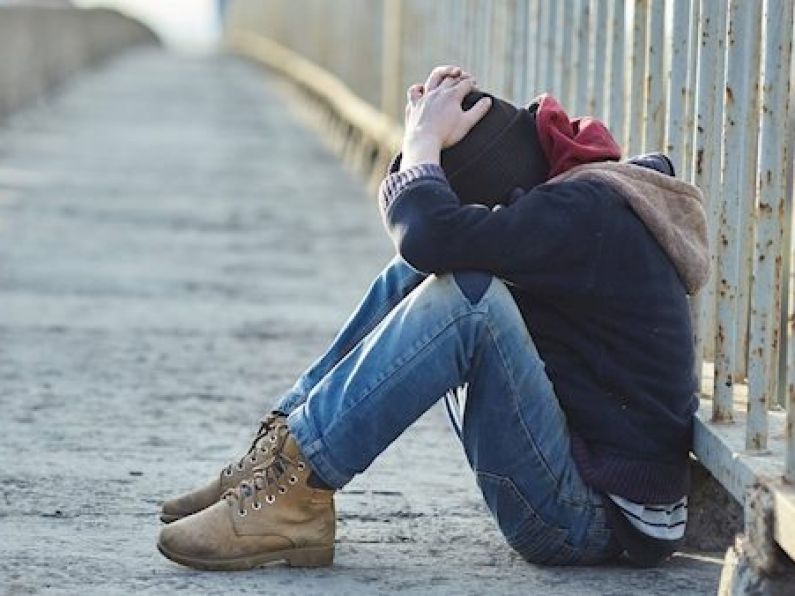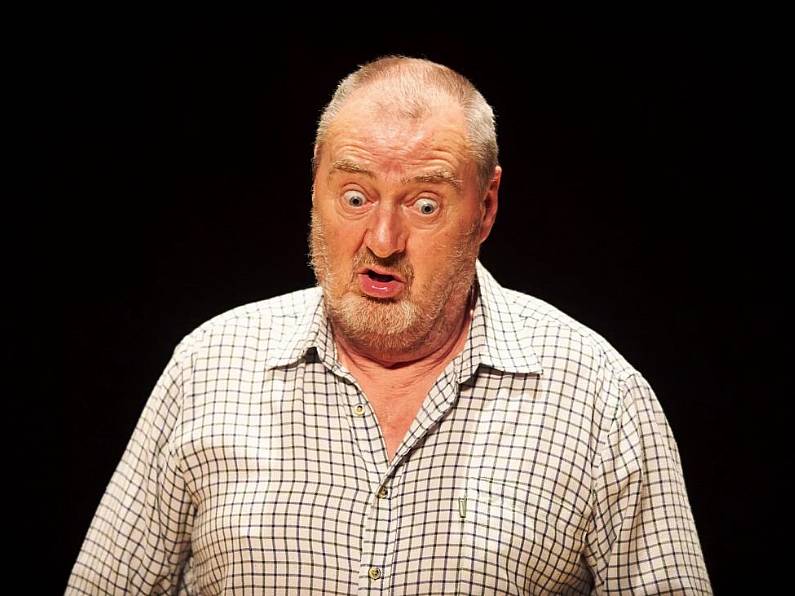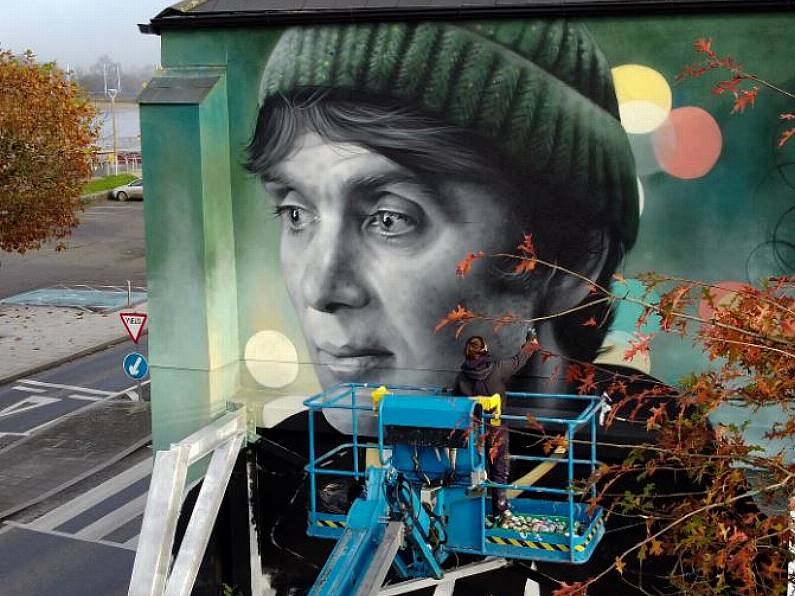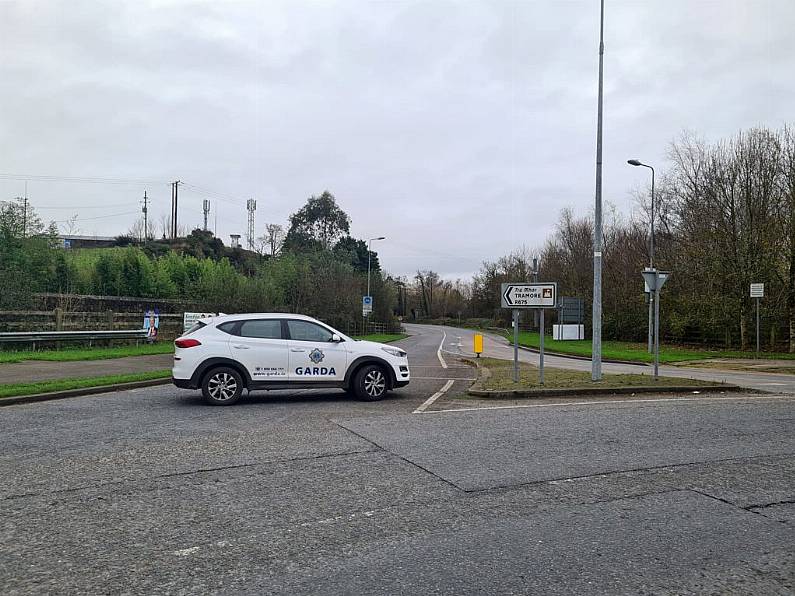780,000 people in Ireland are living in poverty, according to the latest report from Social Justice Ireland.
This figure includes 250,000 children as detailed in the think-tank's National Social Monitor for winter 2018.
The group recommends implementing a universal social welfare pension and says increases in expenditure in this area are "barely keeping pace" with demographic changes.
The National Social Monitor is published three times a year by the independent justice advocacy organisation.
It highlights the increasing waiting times for treatment in Ireland’s hospitals and care centres and says the number of people on lists now stands at more than 700,000.
"Ireland has a hospital bed occupancy rate of almost 95%, almost 20 percentage points above the OECD average," said Michelle Murphy, Research and Policy Analyst at Social Justice Ireland.
"Such high occupancy rates are associated with an increased risk of healthcare-associated infections, increased mortality and no capacity within the hospital system to cope with unforeseen events.
"Government must roll out the 96 primary care networks as a matter of urgency and fully resource the implementation of the SláinteCare strategy," she said.
The group also recommends establishing a scheme to provide homecare services for the elderly, people with disabilities and with mental health needs. It also says community nursing facilities should be established to provide additional capacity.
With regard to housing and homelessness, Social Justice Ireland says a focus on short-term housing solutions provided through the private rented sector, rather than the investment of capital spending in social housing, is having an adverse effect.
It reports that more than 11,000 people are homeless and that almost 110,000 households are in need of social housing.
“Government needs to dramatically increase the construction of social and low-cost homes," said Colette Bennett, Research and Policy Analyst at Social Justice Ireland.
Family homelessness increased by over 350% between September 2014 and September 2018. There is a real risk that current Government policy of promoting Family Hubs will normalise family homelessness.
"Government policy should be directed at providing homes and not hubs. Government should immediately introduce legislation to limit the amount of time families and vulnerable adults spend in hubs,” she said.
The lack of progress with the National Broadband Plan is also of "particular concern" as 500,000 homes are still without the service.
"The lack of movement in respect of the National Broadband Plan is impacting on existing businesses, delaying rural development and putting rural communities at a disadvantage at a time of increased digitalisation of basic services," Ms Murphy said.
Dr Seán Healy, Director of Social Justice Ireland, said the numbers were "both unacceptable and unnecessary at a time when resources are available to make a real impact on addressing the causes of these problems".
“The mistaken belief that economic growth will trickle down to benefit everyone in a fair and just manner has led to successive Governments implementing policies that give priority to economic growth over all other areas," he said.
While many of those policies have been very successful at generating economic growth, they have not succeeded in having those resources transformed into the levels of service and infrastructure, of equality and inclusion, that most Irish people would support or desire.
"Economic growth alone is not enough. More is required if we are to have a society which addresses the basic needs and promotes the basic rights of its population," he said.






